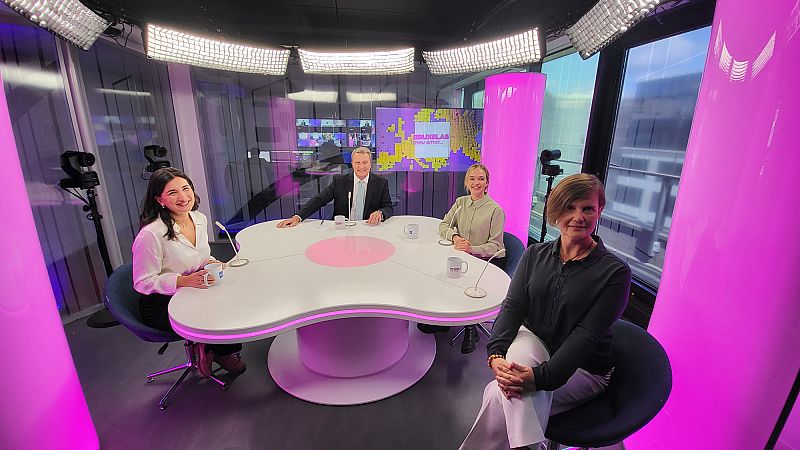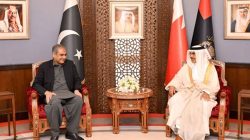Ongoing Conflict in Ukraine and Geopolitical Implications
The conflict in Ukraine continues to escalate, with Russia launching a record number of drones and missiles against the country just hours after a phone call between former U.S. President Donald Trump and Russian President Vladimir Putin. This development highlights the ongoing tensions and shifting dynamics in the region.
According to reports from the Ukrainian government, in June alone, Russia deployed over 330 missiles, 5,000 combat drones, and 5,000 gliding bombs, primarily targeting civilian areas. These attacks underscore the devastating impact of the war on the population and infrastructure in Ukraine.
Trump has shown increasing frustration with Moscow, recently resuming arms deliveries to Kyiv after pausing them. His new mantra is “Ukraine has to defend itself.” This shift in stance came after a phone call with Ukrainian President Volodymyr Zelenskyy, which Zelenskyy described as a “fruitful conversation.” For now, the arming of Ukraine appears secure, but it remains to be seen if this will impress Putin or lead to any changes in his approach.
This raises critical questions about Europe’s role in supporting Ukraine. If Trump were to change his position again, can Europe step up and replace U.S. weapons? The panel discussed these issues with experts including Tinatin Akhvlediani, Ania Skrzypek, and Michelle Haas, who provided insights into the geopolitical landscape.
Moldova’s Push for EU Accession
Another significant topic discussed was Moldova’s push for accelerated EU accession. At their first bilateral summit, Moldova urged Brussels to speed up its membership process. Due to repeated hybrid attacks from Russia, Moldova seeks to join the EU as soon as possible and is eager to align with EU standards to decouple its enlargement track from Ukraine’s.
However, the European Union seems hesitant to make such a move. The panel questioned whether Moldova can continue to demonstrate tangible reforms and economic resilience, and if so, can the case for accelerated accession be ignored? Furthermore, are the EU’s current signals sending the right message to countries threatened by Russia?
Women in the Military and Conscription Debates
The discussion also focused on the role of women in the military. Across Europe, conscription debates are intensifying, and women are now part of the equation. With rising security threats and stretched military resources, several countries are re-evaluating long-standing traditions regarding military service.
The idea of drafting women is gaining traction. Denmark, for instance, took a significant step by implementing conscription for women on the first day of its EU presidency, becoming the last Scandinavian country to do so. This move reflects a broader trend towards inclusivity and diversity in military forces.
However, expanding conscription raises important questions about defense budgets. Can Europe afford a larger, more inclusive force, or will it strain already tight military spending? Should financial considerations play a role in decisions about military inclusion?
Moreover, the debate extends to gender equality. Is a mandatory female contribution to the military the ultimate achievement of gender equality? What about the argument that joining the military should be a personal choice rather than an obligation?
These discussions highlight the complex interplay between national security, gender equality, and fiscal responsibility in shaping the future of military conscription in Europe. As countries navigate these challenges, the implications for both military readiness and societal values remain profound.







